In recent years, Sri Lanka has witnessed a significant shift in consumer preferences towards natural and organic products, spanning from food and beverages to beauty and personal care items. Among these, the perfume industry stands out, with a growing number of Sri Lankan consumers turning towards natural and organic perfumes. This trend is not just a fleeting fashion; it reflects a deeper awareness and commitment to health, sustainability, and ethical consumption.
Understanding the Appeal of Natural and Organic Perfumes
Natural and organic perfumes are made from ingredients that are sourced from nature and are free from synthetic chemicals. These perfumes often utilize essential oils derived from flowers, fruits, spices, and woods, which are grown organically and sustainably. The appeal of these perfumes lies not only in their pleasant scents but also in their non-toxic profiles, making them safer for the skin and the environment.
For many Sri Lankans, the shift towards these perfumes is also a matter of returning to roots. Sri Lanka, with its rich history and biodiversity, has a long tradition of using natural scents in various cultural practices. Ingredients like cinnamon, sandalwood, vetiver, and jasmine are deeply embedded in the local heritage and are now being rediscovered and appreciated in the form of modern organic perfumes.
Market Drivers
Several factors drive the popularity of natural and organic perfumes in Sri Lanka. Increased health consciousness among consumers plays a crucial role. As people become more aware of the potential health impacts of synthetic additives in traditional perfumes, such as allergies and hormonal disruptions, they are increasingly opting for natural alternatives.
Environmental concerns also motivate this shift. The global discourse on sustainability has influenced Sri Lankan consumers to make more eco-friendly choices. Organic perfumes, often produced with sustainably sourced ingredients and eco-friendly practices, align well with this ethos.
Moreover, the growth of the tourism sector has exposed local businesses to international trends, including the demand for organic and natural products. Tourists often seek authentic, locally-made products that are unique to the region, and Sri Lankan brands have responded by developing organic perfumes that showcase native scents.
Challenges in the Market
Despite the growing popularity, the market for natural and organic perfumes in Sri Lanka faces several challenges. One of the primary issues is the cost of production. Organic ingredients are generally more expensive than synthetic alternatives, and the processes involved in creating and certifying organic perfumes can add to the cost. This makes natural perfumes a premium product, potentially limiting their accessibility to a broader audience.
Another challenge is the longevity and intensity of natural scents. Synthetic perfumes are often more potent and longer-lasting than their natural counterparts. Educating consumers about the benefits of natural perfumes, despite these differences, is crucial for market acceptance.
Key Players and Innovations
Local entrepreneurs and established brands alike are exploring the natural perfume market. Companies like Spa Ceylon and Forest Essentials have been at the forefront, offering a range of perfumes that use traditional Sri Lankan ingredients and organic essential oils. These brands not only cater to the local market but have also successfully tapped into international markets, promoting Sri Lankan scents globally.
Innovation is key to overcoming challenges in the natural perfume industry. Some local manufacturers are experimenting with new distillation techniques and preservation methods to enhance the potency and longevity of natural scents. Others are focusing on packaging innovations, using materials that are both eco-friendly and capable of preserving the integrity of the perfumes longer.
The rise of natural and organic perfumes in Sri Lanka is a testament to the changing consumer behaviors that prioritize health, environment, and cultural authenticity. While challenges remain, the potential for growth and innovation offers a promising future for this niche market. As more consumers globally turn


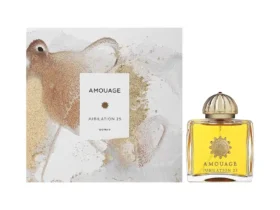
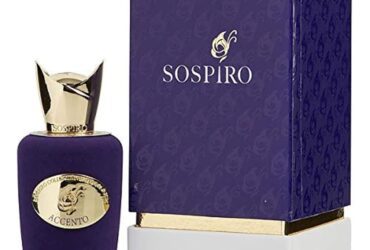
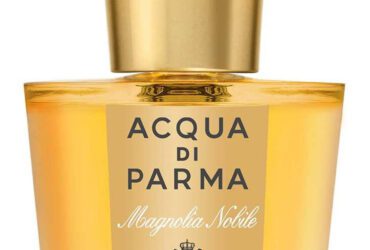


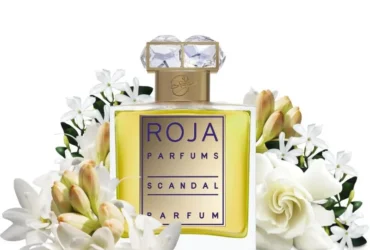
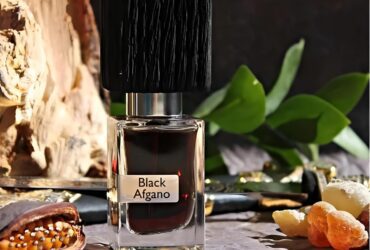

Leave a Reply